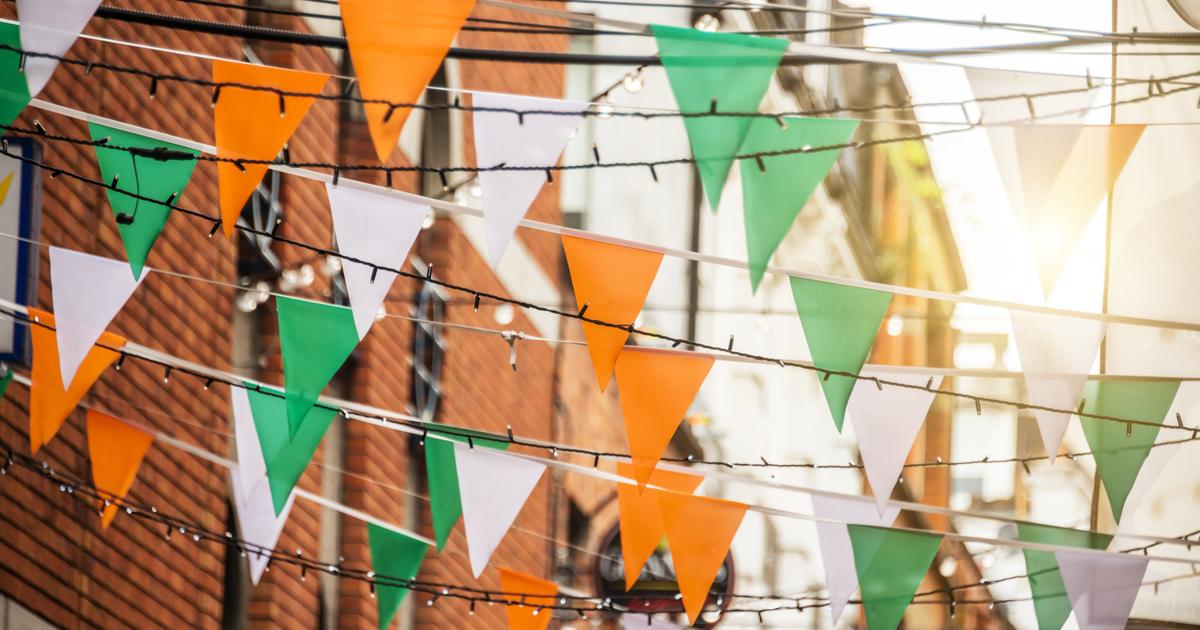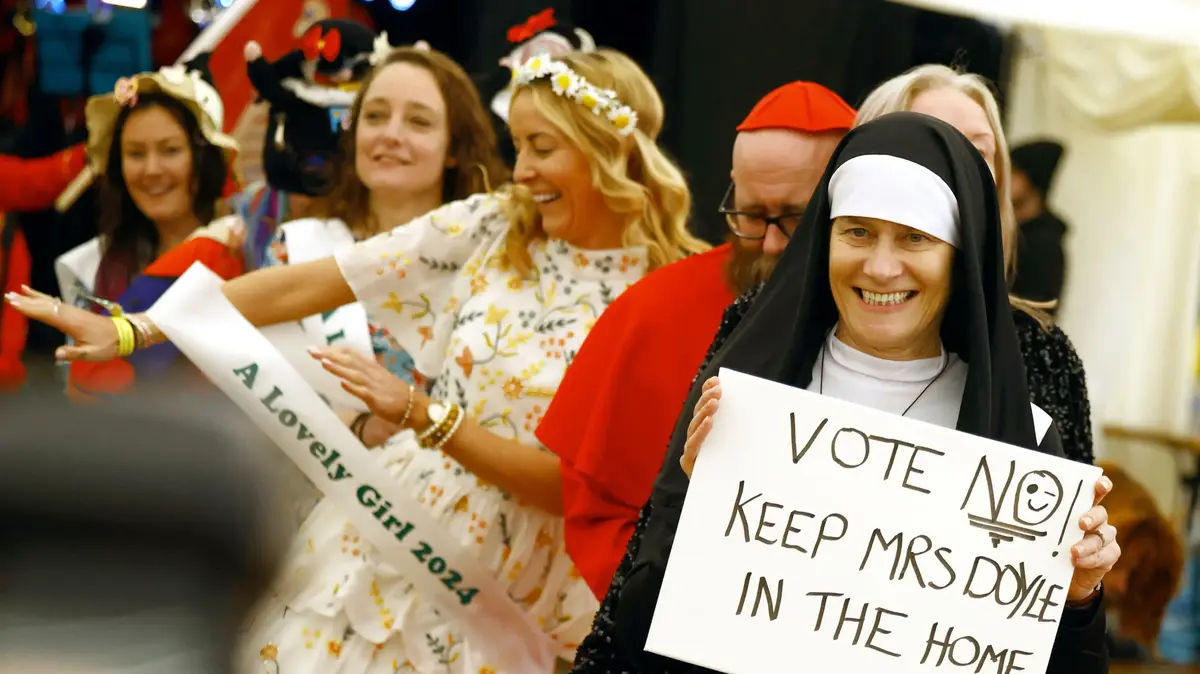In Switzerland, a referendum was held for a nationwide ban on covering up.
Although it generally refers to veilings, it is particularly aimed at women wearing nikab and burqa.
Update from March 7th, 7.30 p.m.:
The decision was close, but in the end, the opponents of veiling prevailed.
As the government in Bern said, 51.2 percent voted in the referendum for a ban on public veils.
The advance is primarily aimed at Muslim women wearing the nikab and burqa.
Switzerland thus joins France, Austria, Bulgaria, Belgium and Denmark, where full veiling is prohibited.
To be accepted, both the majority of those who voted and the majority of the 26 cantons had to approve the initiative.
The turnout in the referendum was 50.8 percent.
Update from March 7th, 3:30 p.m.:
In the future, Switzerland will also prohibit Muslim women from wearing a Nikab or burqa in public.
In a referendum on Sunday, more than 52 percent of voters spoke out in favor of the proposal and thus against the recommendation of the government, which was against.
By the afternoon, 19 of the 22 cantons counted had accepted the ban.
There are a total of 26 cantons.
The ban now needs to be included in the constitution and applies on the street, in restaurants and shops.
There is only an exception for places of worship.
+
Walter Wobmann, initiator of the “Yes to the ban on veiling” initiative, gives an interview next to a poster that reads “Stop extremism”.
© Peter Klaunzer / dpa
Swiss referendum: Muslim women should be banned from wearing the nikab and burqa
First report from March 7th, 1:32 p.m .:
Bern - In a referendum after an initial extrapolation, the Swiss agreed to a nationwide ban on covering up.
The yes votes were 51 percent, as the co-head of the survey institute gfs.bern, Lukas Golder, said on SRF television.
The error rate was still plus / minus two percent.
A reversal of the trend is only theoretically possible, said Golder.
The bill aims to prohibit Muslim women from wearing the nikab or burqa in public places.
Adopted, this dress code would be incorporated into the constitution and apply on the streets, in restaurants and shops.
There is an exception for religious meeting rooms.
Such a ban already existed in the cantons of St. Gallen and Ticino.
There are also bans on covering in France *, Austria *, the Netherlands * and other countries.
Referendum in Switzerland on the Nikab and Burka: Association with an attitude critical of Islam
On paper, the submission was directed against concealment in general and forbade demonstrators and football hooligans to cover their faces in the future.
The association, which pushed through the referendum with a collection of signatures, makes no secret of its attitude critical of Islam.
In 2009 he had achieved in the same way that no new minarets may be built in Switzerland.
The association, the Egerking Committee, is right-wing conservative and, according to its own statements, wants to prevent Switzerland from becoming Islamic.
Opponents accused the association of promoting anti-Islamic racism.
The proportion of Muslims in Switzerland was 5.3 percent in 2018.
The number of women wearing Nikabits is estimated at around 30.
A burqa is a wrap that completely covers women and leaves only a lattice window open to see.
The robe with a slit for the eyes is called a nikab.
(dpa) * Merkur.de is an offer from IPPEN.MEDIA












